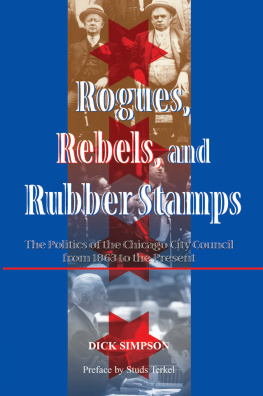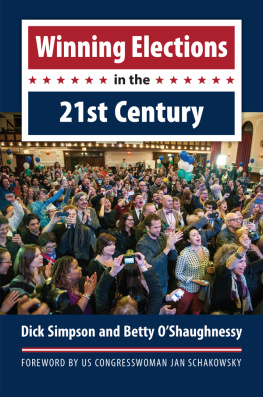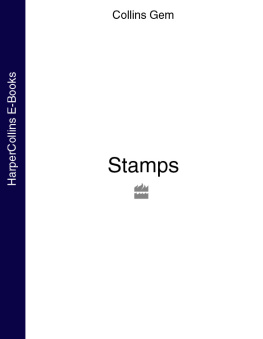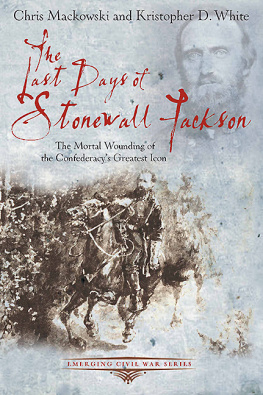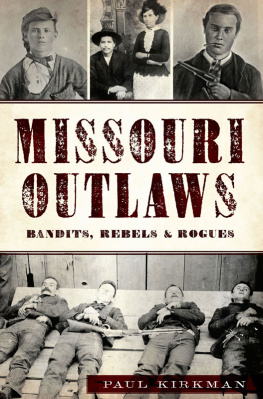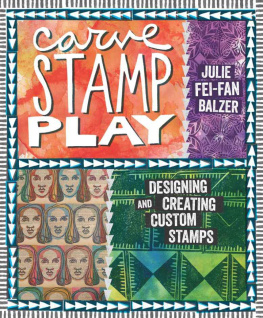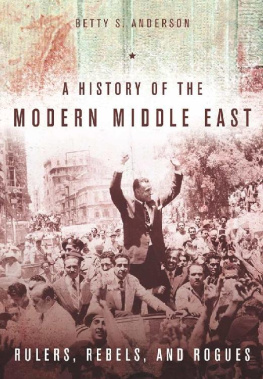Rogues, Rebels, and Rubber Stamps
Urban Policy Challenges
Terry Nichols Clark , Series Editor
Rogues, Rebels, and Rubber Stamps, Dick Simpson.
Citizen Participatin in Resource Allocation,
William Simonsen and Mark Robbins
Local Parties in Political and Organizational Perspective,
Martin Saiz and Hans Geser
The New Political Culture,
edited by Terry Nichols Clark and Vincent Hoffman-Martinot
Citizen Politics in Post-Industrial Societies,
edited by Terry Nichols Clark and Michael Rempel
Plutocracy and Politics in New York City, Gabriel A. Almond
Rogues, Rebels, and Rubber Stamps
The Politics of the Chicago City Council from 1863 to the Present
Dick Simpson With a Preface by Studs Terkel
First published 2001 by Westview Press
Published 2018 by Routledge
711 Third Avenue, New York, NY 10017, USA
2 Park Square, Milton Park, Abingdon, Oxon OX14 4RN
Routledge is an imprint of the Taylor & Francis Group, an informa business
Copyright 2001 Taylor & Francis
All rights reserved. No part of this book may be reprinted or reproduced or utilised in any form or by any electronic, mechanical, or other means, now known or hereafter invented, including photocopying and recording, or in any information storage or retrieval system, without permission in writing from the publishers.
Notice:
Product or corporate names may be trademarks or registered trademarks, and are used only for identification and explanation without intent to infringe.
Library of Congress Cataloging-in-Publication Data
Simpson, Dick W.
Rogues, rebels, and rubber stamps : the politics of the Chicago City Council, 1863 to the present / by Dick Simpson.
p. cm. (Urban policy challenges)
Includes bibliographical references and index.
ISBN 0-8133-9763-4 (pbk.)
1. Chicago (Ill.). City CouncilHistory. 2. Chicago (Ill.)Politics and government. I. Title. II. Series.
JS715.S56 2000
320.9773'11dc21
00-049530
ISBN 13:978-0-8133-9763-4 (pbk)
For my father, Warren Weldon Simpson,
who taught me stubborn courage ;
and for my mother, Ola Eia Felts,
who taught me idealistic compassion
Contents
, by Studs Terkel
STUDS TERKEL
Dick Simpson was one of those reform aldermen and political opponents who got under Boss Richard J. Daley's skin. In 1971, he got Daley so mad that the mayor-for-life almost had a stroke right on the podium. I remember that moment, as a choleric mayor aimed his roundhouse punches in the manner of W. C. Fields at that "college perfesser," Dick Simpson. Alderman Simpson was Daley's enemy because he represented the little people of Chicago and he organized a ragtag group of political opponents to challenge the omnipotent Daley and the Great Chicago Machine.
Now Simpson has given us the inside story of the Chicago City Councilthose rogues, rebels, and rubber stamps who have ruled the city since it was swampland stolen from the Indians. He has recaptured a part of our history that has been lost. It turns out that this is important, too. The battles on the stage of the city council are, as Simpson tells us, about defeats and sometimes surprising victories in the struggle for democracy and justice.
We are taken back to the great battles of the Civil War, the reform struggles of now forgotten mayors like Edward Dunne, the surprising defeat of big business by rogues like Bathhouse John Couglin and Hinky Dink Kenna, the battle over nepotism in Richard J. Daley's council, right up to the aldermanic scandals in son-of-boss Richard M. Daley's rubber stamp city council of today This is a story we need to take to heart as we begin a new millennium. It is a guidebook for future rebels and reformers, not only in Chicago but throughout America.
Having tried most of my working life to give voice to the voiceless, I am delighted to discover new and previously unknown tales from the Chicago City Council, which everyone in Chicago thinks they know. It makes me wonder what other stories lie hidden in the musty vaults of city halls in other towns and cities. Hopefully, journalists, historians, and political scientists will follow Simpson's leadand even more hopefully, maybe someday the little people will retake and reshape their own local governments. The struggle for democracy and justice is too important to be left in the hands of politicians.
Prologue:
The Clash in the Council
On July 21, 1971, as a young, newly elected alderman, I rose in the Chicago City Council to question Mayor Richard J. Daley's proposed appointment of Thomas Keane Jr. to the Zoning Board of Appeals. Keane was both the son of Daley's city council floor leader and the vice president of Arthur Rubloff Co., the largest real estate firm in Chicago.
I was hesitant to oppose his appointment because his father, Alderman Thomas E. Keane, was Daley's powerful ally I knew that opposing his son's appointment would be seen as a personal insult to Alderman Keane and that my future legislative proposals could be thwarted. Nonetheless, this appointment of Tom Keane Jr. was not only a case of nepotism but also favored the city's largest real estate firm on a board that directly controlled zoning. Since zoning determined the value of his firm's real estate properties, the younger Keane's membership on the Zoning Board of Appeals was fraught with conflicts of interest.
In questioning Keane's appointment, I made a very short speech: "This appointment poses the problem of the faith of our citizenry in our city government. Why is it that members of the same family get appointments in several sections of government and only large firms seem to get representation on boards dealing with zoning and construction?" Interrupting my speech, Mayor Daley challenged, "Who's going to ask those questions and make those charges?" I replied, "My students will." Daley countered, "And you'll encourage them."
Arter other aldermen had spoken at length m iom Keane Jr. s defense, Daley read a sentimental poem by Grace Noll Crowell entitled "Sons." He then launched into the longest and most emotional tirade of his colorful career:
I hope the halls of all the great educational institutions will stop being places for agitation and hatred against this society. And talk about the young people! With their cynical smiles and their fakery and polluted minds, and the idea that I made this appointment because a man's name was Keane and he was the son of a famous member of this council!
I made this appointment because I have known Tommy Keane, the boy I appointed, since he's been a baby. And I know his mother, Adeline Keane, one of the greatest women I know, not only in this city but in any city in the United States ... a fine Polish-American woman, who raised a fine boy. And should that boy be told by any professor or faker that he shouldn't hold office because his name is Keane and she's his mother?
Where are we going with this kind of society? Where are we going with these kind of educators? You are doing this to the young people of our country! ... A teacher is supposed to be dedicated to tell the truth. What kind of truth is that?...
Let's look at the record of the universities and what they are doing to the minds. Is that what's being told to them? I made the appointment because he is the son of the Chairman of the Finance Committee? ... That is what we have too much of in education todayhypocrites and fakersafraid to face the truth, afraid to let the young people to go into the combat of election contests.

